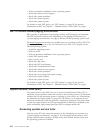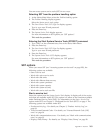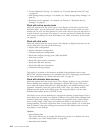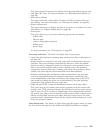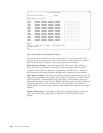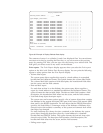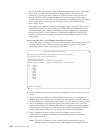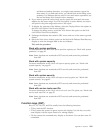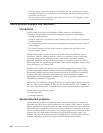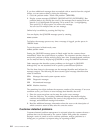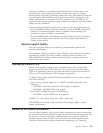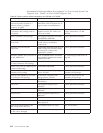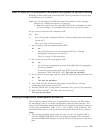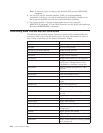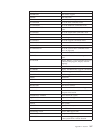
v F12 key causes a return to the previous display. You can use this key to return
through the prompts to the first service tool display that has an option that can
cancel the service tool.
v F16 key always returns control to the System Service Tools (SST) display; it does
not cancel the active service tool.
Online problem analysis and resolution
Introduction
Online Problem Analysis and Resolution (PAR) consists of the following:
v Displays and prompts to instruct the customer and service representative
through problem analysis.
v Problem analysis for the hardware and software parts of the devices to perform
problem analysis.
v The problem log, which contains system problem descriptions and the status of
each problem.
v The Service Support Facility, which controls reporting the problems to the
service support system.
Online PAR manages system errors and gives the customer maximum system
availability, effective problem analysis, and a set of software tools for analyzing,
repairing, and reporting problems. It runs concurrently with other customer
programs; therefore any part of the system that is not usable by the customer is
also unavailable for a problem analysis task. The customer should be aware of this
when deciding to run Online PAR.
Another part of PAR is the iSeries server problem management functions. This
provides automated problem analysis, automated problem logging and tracking,
automated problem reporting, and problem correction. It quickly and accurately
manages problems occurring on the system. For more information on the
automated problem management functions, see “Service attributes (DSPSRVA or
CHGSRVA) commands” on page 299.
Online help is available by pressing the Help key. Some displays might have more
than one Help screen. Additional Help screens are indicated by a (+)orMore... in
the lower right hand corner. To display these screens, press the Roll or Page keys.
System failures fall into two groups:
v System-detected
v Customer-detected
System-detected problems
System-detected problem management starts with the detection of a software or
hardware error by a device that is attached to the system. When software logically
detects a problem, the system collects the data and notes the error. When a device
physically detects a problem, the device uses the common I/O interface to report
an error message (note) to the system. The system uses these error notes to create a
problem log entry and sends a message to the QSYSOPR message queue. The
problem log entry has a description of the failing device. This description allows a
problem analysis procedure to be called without initial customer input.
290 Service Functions V5R2



